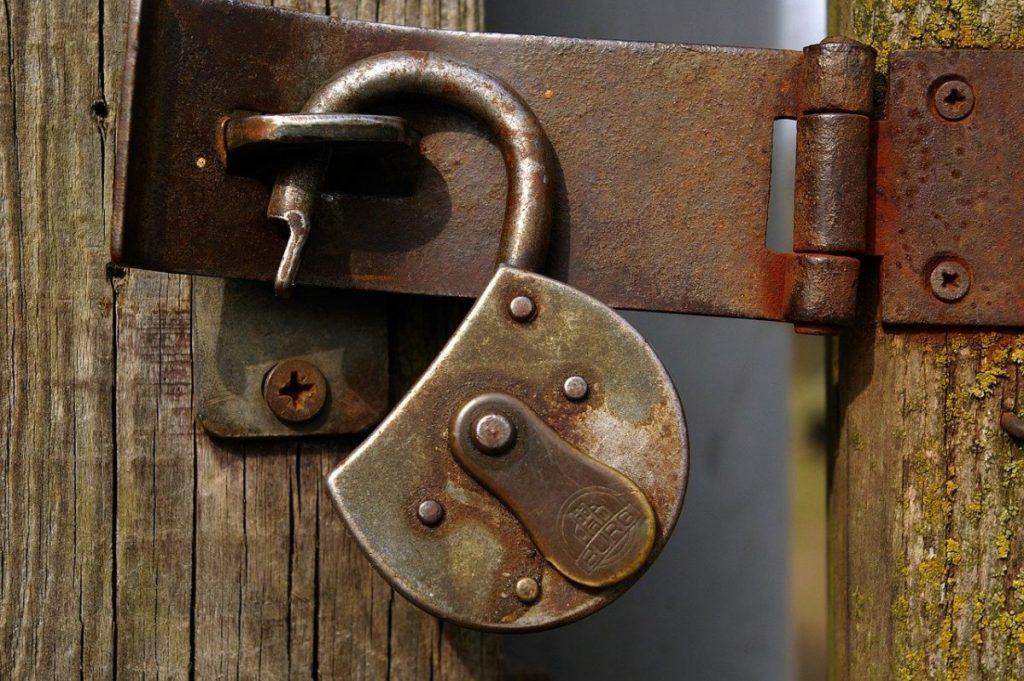Bitcoin storage: Here’s why many still get it wrong

There are quite a few unfortunate stories of people that lost their Bitcoin forever as a result of using questionable means of storing their crypto.
A notable example being James Howell, who lost $127 million worth of Bitcoin in 2017 and was unable to reclaim it. According to a report, Howell mistakenly placed the drive where he stored his Bitcoin into a landfill where it was buried.
Other examples include a woman from Ukraine who deleted the only backup file containing the bitcoin private keys and a Japanese man who’s dog ate his USB that contained his private keys.
While these are some obvious cases of what could go wrong when private keys are stored in hardware wallets or desktop computers, Andreas M. Antonopoulos claims the single worst place to store Bitcoin is custodial services.
According to research from Coinshares, over 16.6% of Bitcoin is held by custodians/intermediaries. Antonopoulos noted that if custodial services have the private keys and users do not and this is accessed through a web interface without two-factor authentication, users are at a huge risk of losing their cryptocurrency.
Is there merit to this claim? Established crypto custodians like Gemini and Coinbase, are highly specialized and offer services that is vetted by regulators.
In fact, Brian Brooks recently commented that in light of the OCC’s clarification that banks could support digital assets, they are much more likely to partner with crypto-custodians, than set up this process themselves.
However, according to Antonopoulos, certain two-factor authentication methods are ‘laughingly simple’, like SMS based text message two-factor authentication.
He claims that this method is ‘criminally negligent’ at this point in internet security history.
Real question re: BTC. What is a sensible amount to hold on platforms like Coinbase vs. personally holding the keys. How do you approach that hedge/division. Currently 100% retail platforms, is that a problem to you?
— Dan Andrews (@TropicalMBA) May 21, 2020
As stated by Bitcoin developer Sjors Provoost on Twitter,
“Custodial services are very safe until they’re not. None of them have adequate cold storage insurance, last time I checked anyway. Given enough time I expect all of them to lose their shirt. They also come with individual risk of coin theft through identify theft.”
With new regulations on crypto and more institutional investors entering this space, custodians were expected to be the go-to solution for storing Bitcoin and other cryptocurrencies. Given these expectations, comments from prominent Bitcoin proponents like Andreas Antonopoulos may be a sign that crypto custodians have some changes to make before they are ready to embrace the broader crypto market.






